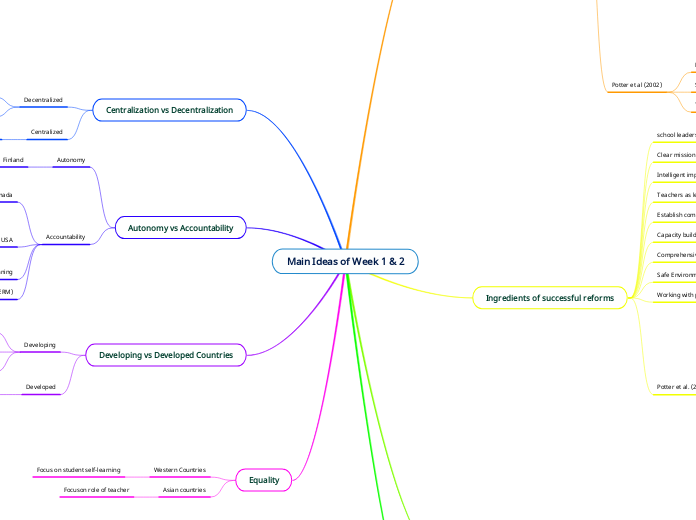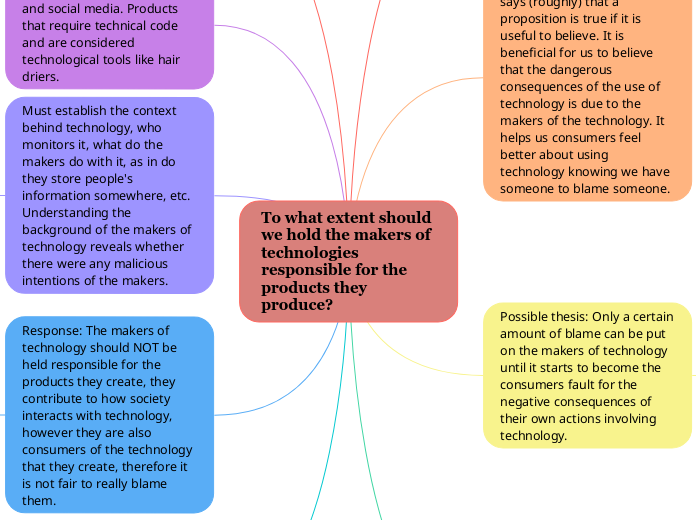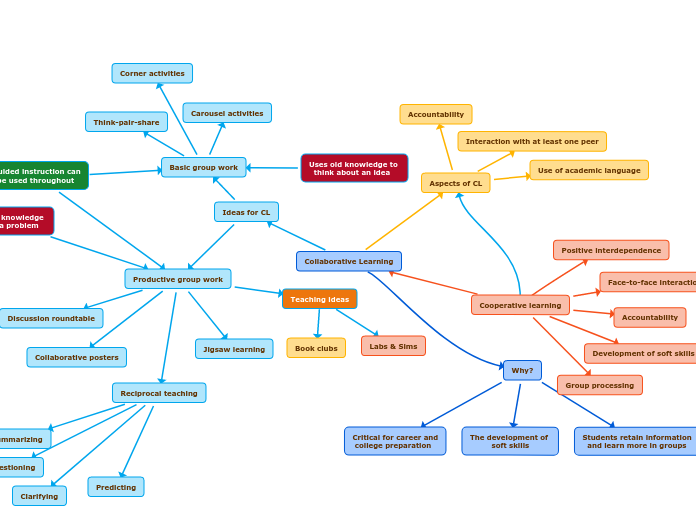Main Ideas of Week 1 & 2
Equality
Asian countries
Focuson role of teacher
Western Countries
Focus on student self-learning
Developing vs Developed Countries
Developed
basic level of school input guaranteed
Developing
Gatekeeping education through tests
Emphasis parent/community influence on decision making
Bigger impact classroom supply
Autonomy vs Accountability
Accountability
Global Education Reform Movement (GERM)
Cyclical School Improvement Planning
Every Student Succeeds Act
No Child Left Behind Act
Ontario
EQAO
Alberta
AISI
Autonomy
Centralization vs Decentralization
Centralized
USA
Decentralized
Finland
Canada
Privatization of education
Open enrollment
Voucher system
Low cost
Lower paid contract teachers
Corporate donors
Roadblocks to reform implementation
Lack of guidance
Reforms modified to have little change
Lack of buy-in from local educators
Changing political parties
Ingredients of successful reforms
Potter et al. (2002)
Focus on at risk pupils
Maintenance of equipment
Rigorous evaluation of initiatives
Proactive recruitment and targeted training
SOP
Careful monitoring to avoid error cascade
Data richness
Clarity of mission
Working with parents
Safe Environment
Comprehensive reform
systematic change with targeted and incremental changes
Capacity building
Establish communities of learning
Teachers as learners
Teacher training and oversight
Intelligent implmentation
Clear mission
school leadership
Reform as stages through time
Potter et al (2002)
Third Phase: refining established ideas
Second Phase: synergy of SIR and ER
First Phase: International School Improvement Project
Free floating rather than systematic
Anderson & Sivasubramaniam (2007)
mid 1990s: Professional Learning Communities
1990s: Alternative approaches
5. Professional learning communities and
4. Standards and accountability-driven improvement
3. School choice and privatization
2. Comprehensive school reform
Whole school change
1. Decentralization and school-based management
School Based Management (SBM)
1980s: School effectiveness research
More concerned with outcomes
1970s: Innovation adoption & implementation
More concenrned with process
Hopkins (2014) five phases of development
Systematic improvement
Building Local Capacity and leadership
Comprehensive School reform
School level research
Understanding Culture
Sackney (2007) Historical Development
Focusing on International Competitiveness
Focusing on efficiency
Focusing on Equlaity
SER vs SIR









